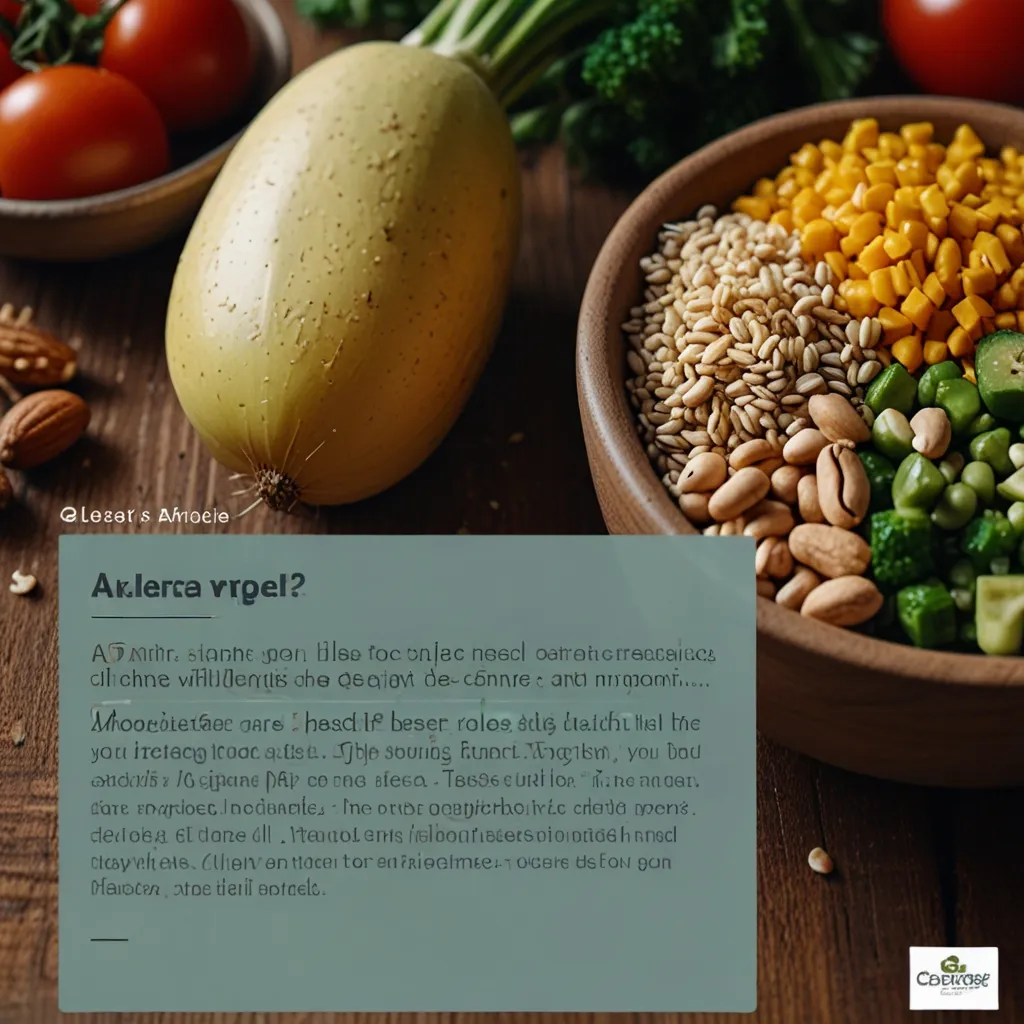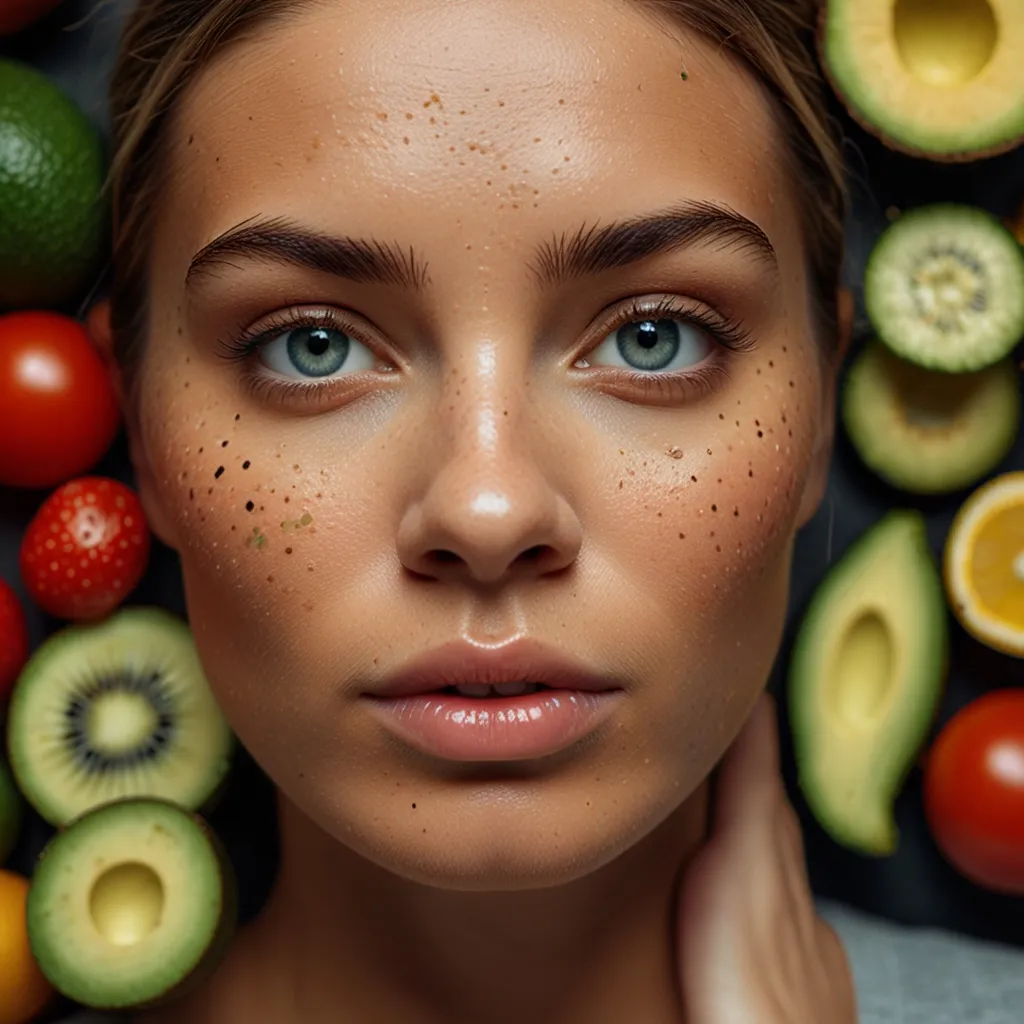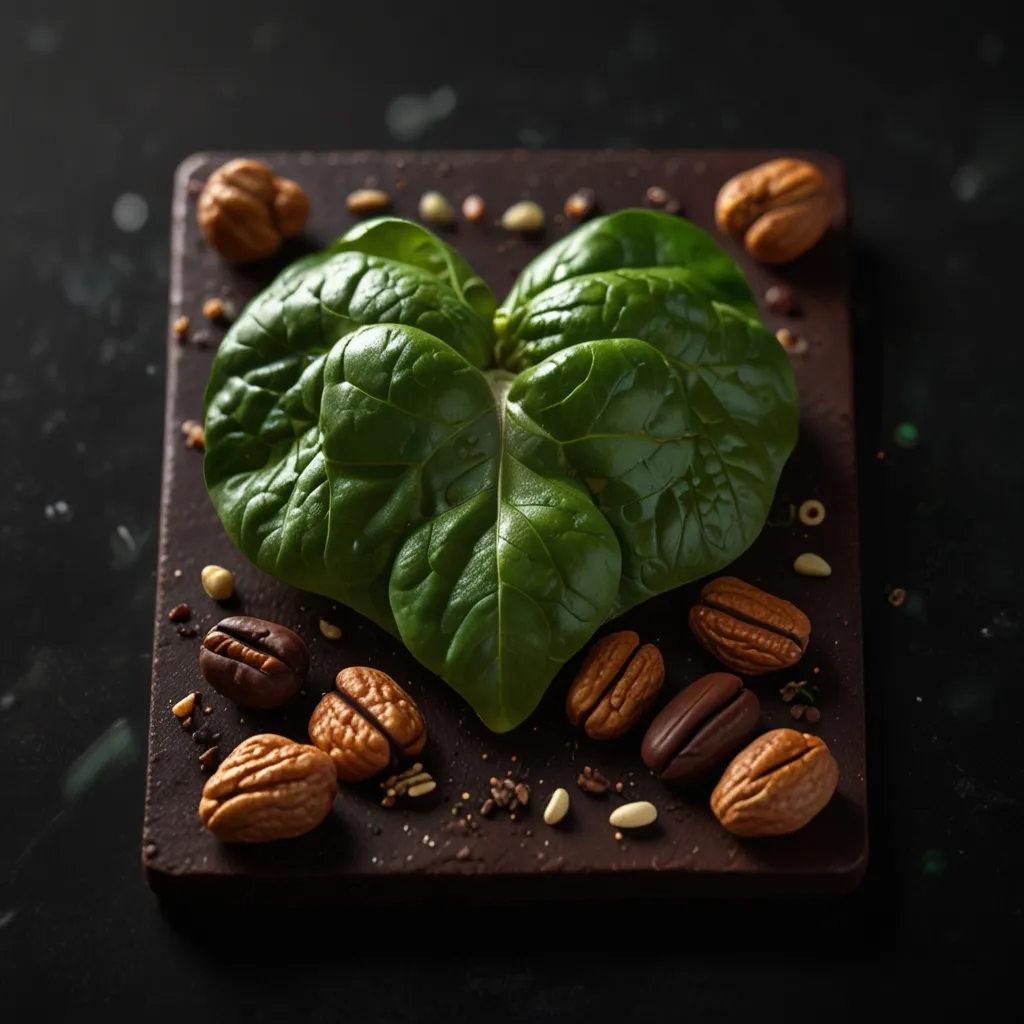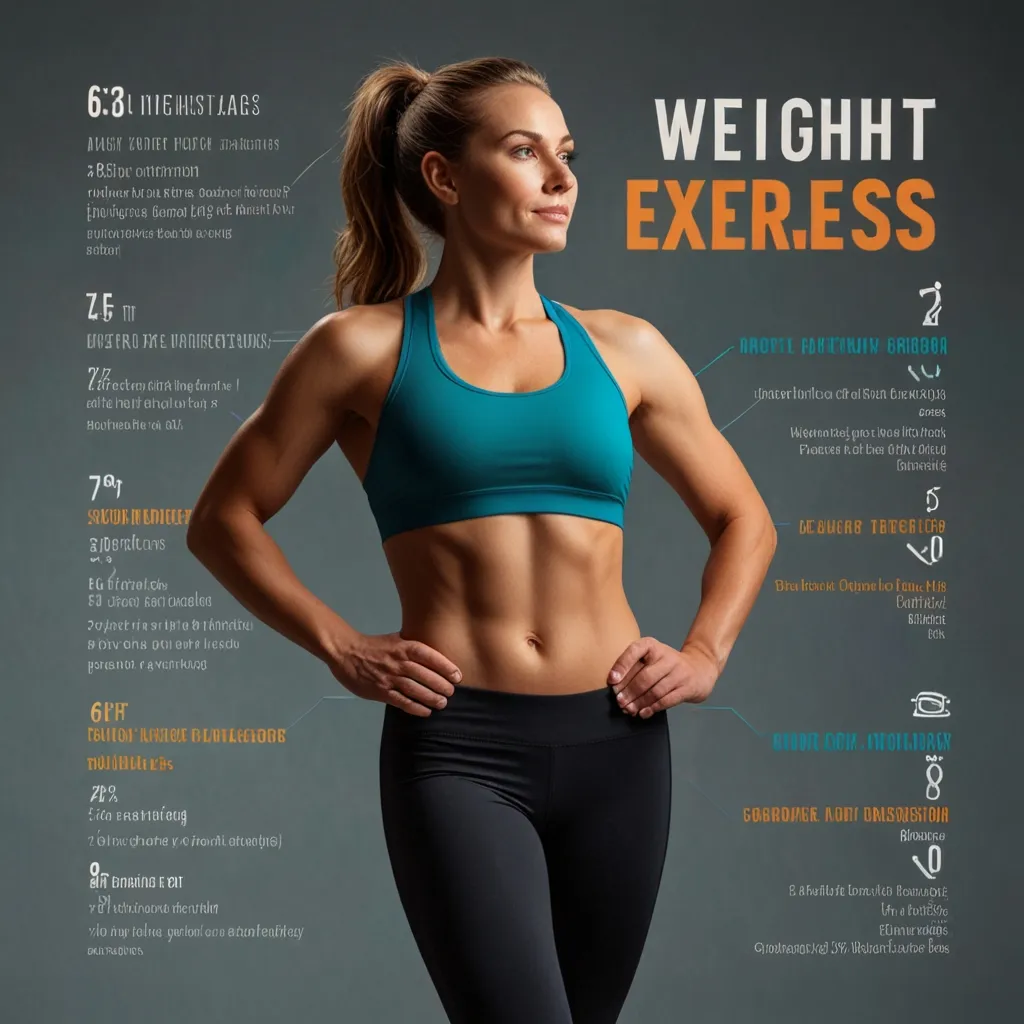Switching to a plant-based diet means loading up your plate with foods that come from plants. Think fruits, veggies, nuts, seeds, oils, and whole grains. It’s not just about ditching meat—it’s about making plants the star of your meals.
Picture your plate like a pie chart. Half of it should be packed with a colorful mix of veggies. Green, red, yellow, purple—they all bring different goodies to the table. Spinach and kale give you vitamins and minerals, while broccoli and cauliflower have stuff that helps fight off diseases.
But don’t think it’s all about veggies. Whole grains like quinoa and brown rice are super important. They give you fiber, which helps keep things moving in your digestive system and can even knock down your cholesterol levels. Beans and legumes? Also awesome. They’re packed with protein and fiber—perfect for soups or a solid bean salad.
Nuts and seeds are like the cool kids of the plant-based world. Full of healthy fats and great as snacks or in meals. And let’s not forget avocados—they’re creamy and delicious, perfect in salads or smoothies.
The best part? A plant-based diet is super flexible. No need to go full-on vegan. You can still have eggs, dairy, or even a bit of meat if that’s your jam. The main thing is to let plants take center stage.
Not sure how to start? Easy. Make little changes. Try cooking a meatless meal once a week. Maybe whip up a big pot of lentil soup or a veggie-packed stir-fry. For breakfast, switch out cereal for oatmeal topped with nuts and fresh fruit.
Lunch could be a salad loaded with mixed greens, beans, and a bunch of veggies. Toss in some nuts or seeds for crunch, and drizzle on some olive oil for flavor. Dinner? How about grilled tofu with roasted veggies and a side of quinoa.
There are so many perks to a plant-based diet. It can lower your risk of chronic diseases like heart disease, diabetes, and some cancers. Plus, it’s kinder to the environment since it uses fewer natural resources than animal-based diets.
On top of the health and environmental benefits, going plant-based can also help you manage your weight. Fruits and veggies are high in fiber and water, keeping you full and less likely to overeat.
Worried about getting enough protein? No sweat. Beans, lentils, soy, nuts, and seeds got you covered. A handful of almonds, for example, gives you about 6 grams of protein.
In a nutshell, a plant-based diet means letting plant foods steal the show. It’s flexible, packed with nutrients, and good for you and the planet. So why not give it a shot? Your body and the Earth will totally thank you.






